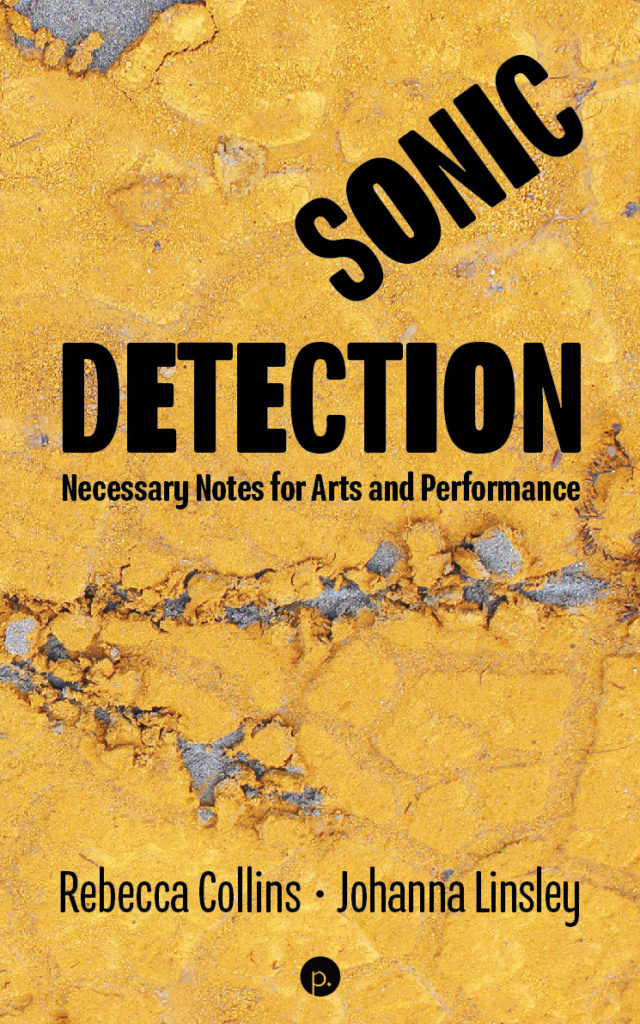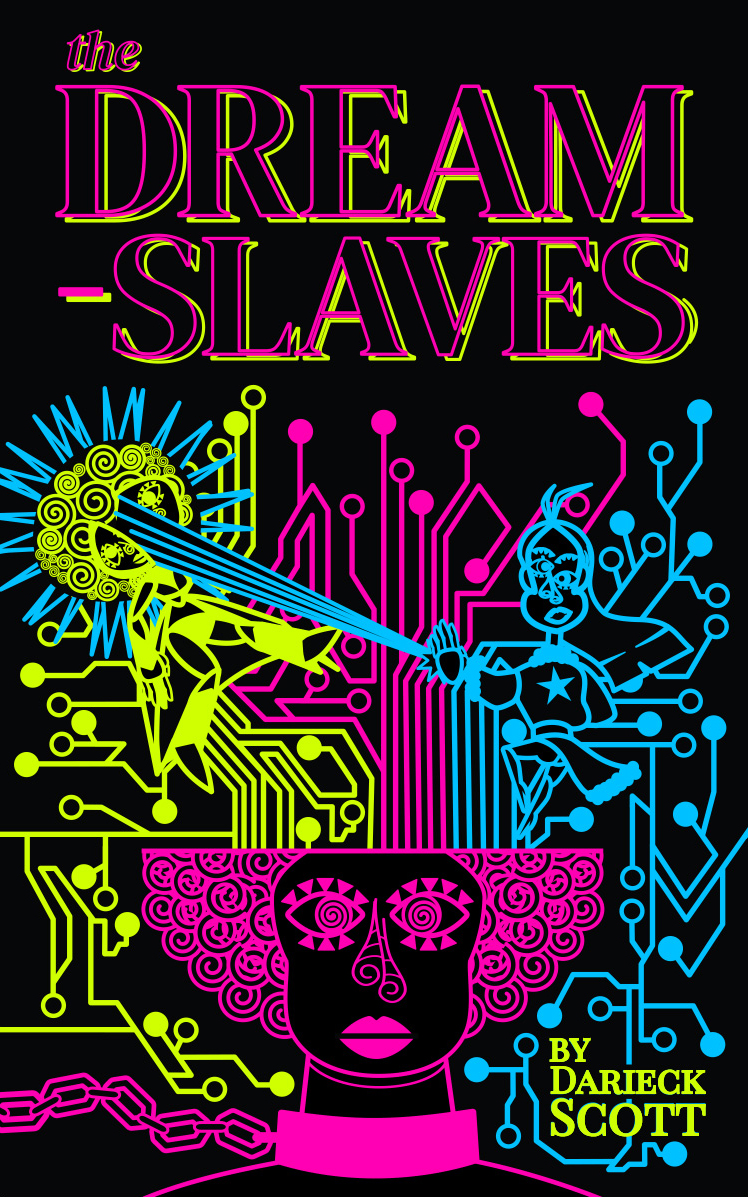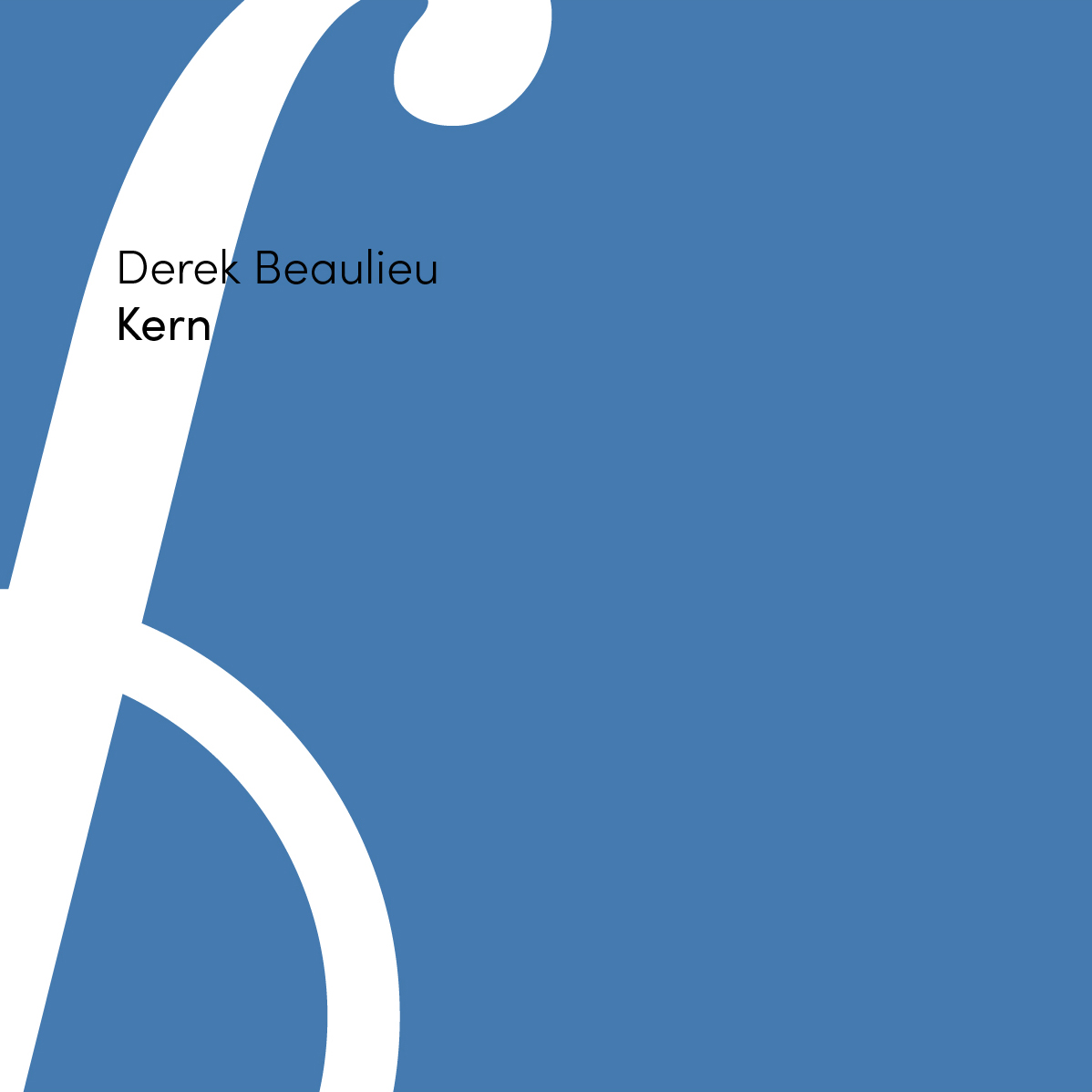Sonic detection is a framework for open-ended, collaborative intellectual and creative practice. Sonic Detection is situated at the intersection of sound studies, performance studies, and interdisciplinary writing. It emerges from a decade-long working partnership between the two authors, Rebecca Collins and Johanna Linsley, which began as a slowly evolving series of eavesdropping on the east coast of the UK and has become an ongoing practice of aural attention modulated through text, performance, and sound. As sonic detectives, Collins and Linsley’s collective attention holds open a sonorous space where they can develop performance fictions, structured through the plurality of the sonic and endorsing multiple narratives. They think about how a body is positioned in relation to sound and evoke the figure of the eavesdropper as the embodiment of one who lingers longer in listening. Ultimately, they pose sonic detection as a mode of artistic research. At stake are questions of the particular, the contingent, and embodied experience.
Sonic Detection is the product of exchange with multiple interlocutors, some formal and structured, some incidental and overheard. None of these meetings or conversations are thought of as separate or casual, but instead are part of Collins and Linsley’s ongoing investigation, as somehow informing what they are shaping as it takes shape—this is the performative apparatus they bring into being. And it is through the doing of artistic research and the doing of listening that they summon a critical sensibility to act as a lever, giving us insight into the competing realities at stake in the sites where they work: the contemporary UK. Rather than a monograph, this book is a polygraph, with a tongue-in-cheek association with lie detectors and other questionable forensic technologies.
About the Authors
 Rebecca Collins (d. 2024) was an award-winning artist researcher and lecturer working at the intersection between contemporary performance and sound. Her main research interests were in listening, performance, sound studies, and creative/critical writing. Rebecca’s practice focused on the dynamics of the sonic operating within specific environments and technologies to explore methodologies of writing and making contemporary performance. She shared her scholarship and practice through multiple forms, including live performance, limited-edition vinyl, radio broadcasts, exhibitions, workshops, text scores, policy documents, and academic/experimental publications. Ultimately, Rebecca was interested in how critical, fictional, and performative interventions might cultivate attention toward our contemporary condition. Rebecca was a Lecturer in Contemporary Art Theory at Edinburgh College of Art, University of Edinburgh. Shortly before her untimely passing, Rebecca had been named a Ramón and Cajal Research Fellow at the Spanish National Research Council (CSIC) in Madrid (for 2024-29).
Rebecca Collins (d. 2024) was an award-winning artist researcher and lecturer working at the intersection between contemporary performance and sound. Her main research interests were in listening, performance, sound studies, and creative/critical writing. Rebecca’s practice focused on the dynamics of the sonic operating within specific environments and technologies to explore methodologies of writing and making contemporary performance. She shared her scholarship and practice through multiple forms, including live performance, limited-edition vinyl, radio broadcasts, exhibitions, workshops, text scores, policy documents, and academic/experimental publications. Ultimately, Rebecca was interested in how critical, fictional, and performative interventions might cultivate attention toward our contemporary condition. Rebecca was a Lecturer in Contemporary Art Theory at Edinburgh College of Art, University of Edinburgh. Shortly before her untimely passing, Rebecca had been named a Ramón and Cajal Research Fellow at the Spanish National Research Council (CSIC) in Madrid (for 2024-29).
 Johanna Linsley is an artist and researcher who works across performance, text, and sound. Her work is collaborative and often iterative, resulting in multiple outcomes or versions. She is interested in contemporary performance and Live Art; documentation of performance; sound, listening, and the voice; queer domesticity; and modes of assembly and collective imagination. She has published research in Contemporary Theatre Review and Performance Research and Cultural Geographies. Her work in performance, both solo and with the London-based performance collective I’m With You, has been presented throughout the UK and the USA, and in Brussels, Copenhagen, Zagreb, Bogotà, and elsewhere, at institutions including the Museum of Modern Art in New York City, and in London at the Hayward Gallery, the Barbican Centre, the Wellcome Collection, and the Victoria & Albert Museum. Johanna is a founding partner of UnionDocs, a center for documentary arts in Brooklyn, New York. She was a postdoctoral research associate on the Wellcome Trust-funded project Challenging Archives, working with the archive of performance artist Franko B, and was also a research assistant on the AHRC-funded project Performing Documents, both at the University of Bristol. She was a postdoctoral research associate on the Leverhulme-funded project Acts of Assembly at the University of Roehampton. Johanna is a Lecturer in Creative Practice and Head of English, Creative Writing, and Film at the University of Dundee.
Johanna Linsley is an artist and researcher who works across performance, text, and sound. Her work is collaborative and often iterative, resulting in multiple outcomes or versions. She is interested in contemporary performance and Live Art; documentation of performance; sound, listening, and the voice; queer domesticity; and modes of assembly and collective imagination. She has published research in Contemporary Theatre Review and Performance Research and Cultural Geographies. Her work in performance, both solo and with the London-based performance collective I’m With You, has been presented throughout the UK and the USA, and in Brussels, Copenhagen, Zagreb, Bogotà, and elsewhere, at institutions including the Museum of Modern Art in New York City, and in London at the Hayward Gallery, the Barbican Centre, the Wellcome Collection, and the Victoria & Albert Museum. Johanna is a founding partner of UnionDocs, a center for documentary arts in Brooklyn, New York. She was a postdoctoral research associate on the Wellcome Trust-funded project Challenging Archives, working with the archive of performance artist Franko B, and was also a research assistant on the AHRC-funded project Performing Documents, both at the University of Bristol. She was a postdoctoral research associate on the Leverhulme-funded project Acts of Assembly at the University of Roehampton. Johanna is a Lecturer in Creative Practice and Head of English, Creative Writing, and Film at the University of Dundee.






